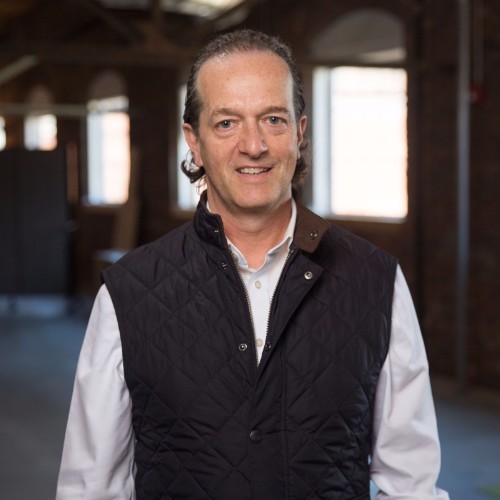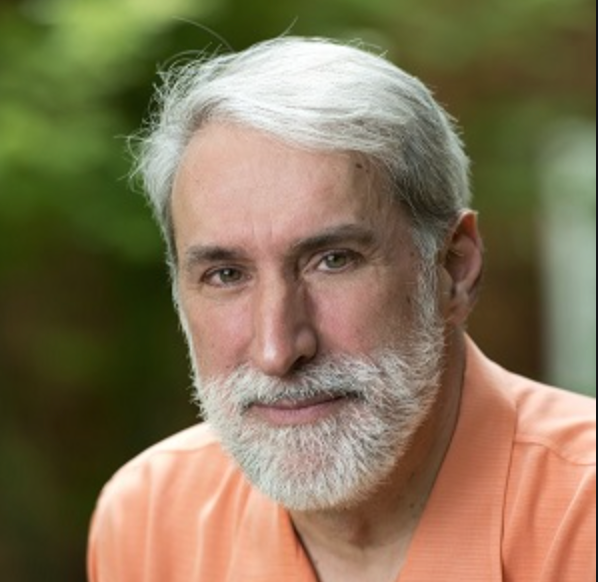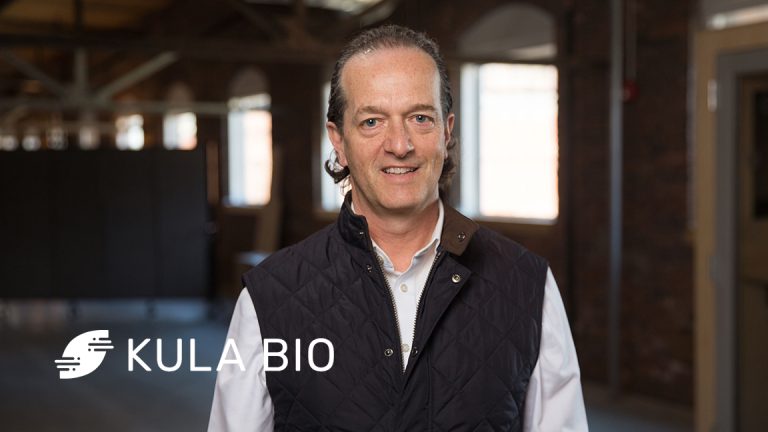Kula Bio
Summary
Kula Bio is a Boston based startup that is making organic and sustainable nitrogen through nitrogen fixing microbes that can replace synthetic nitrogen and the Haber-Bosch Process. The technology comes out of Dan Nocera’s lab at Harvard. Currently, nitrogen fixing microbes cannot survive in the soil for very long because they get outcompeted. Kula Bio gives these microbes an advantage by “supercharging” them. Basically part of the mass of the microbes in converted into a bioplastic that functions as a battery and supplies energy to the microbes enabling them to live for weeks instead of hours. Kula’s technology is plant agnostic and they can feed any type of crop since they produce nitrogen in the soil and not in the plant. Because the microbes only produce nitrogen when it’s needed, there is no nitrogen runoff.
Why We Invested
- CEO is a seasoned entrepreneur that has deep experience in scaling and selling commodity chemicals. He's a great storyteller and fundraiser.
- Large global market.
- Strong go-to-market strategy with an attractive beachhead market, organic nitrogen, which can sell at 10x the price of synthetic nitrogen.
- Strong barriers to entry through patents and know-how.
- Trials have shown great, consistent results in a wide variety of crops, soil types and both in greenhouse and in the field. Consistency and lack of wide applicability is a major issue with biologicals and Kula does not seem to have this problem.
Investors
AgFunder, Lowercarbon Capital, Collaborative Fund, Pillar VC
Team

Bill Brady CEO
Bill Brady is an executive and entrepreneur in the sustainable energy and advanced materials industries. He serves as Executive Chairman for Monolith Materials Inc, a sustainable technology company. He is also a partner in the Clean Energy Venture Group, which provides seed capital and management expertise to early-stage clean energy companies. He also serves on the board of directors for Enchi Corporation and Hollingsworth & Vose. Most recently, Bill served as President, Chief Executive Officer and Director of Mascoma Corporation (raised $180m), a leading industrial biotechnology company. Previously, Bill was Executive Vice President of Cabot Corporation.Mr. Brady is a graduate of the University of Scranton with a B.S. in Chemistry and received his M.B.A. from Fairleigh Dickinson University.

Dan Nocera Cofounder/Advisor
Dan Nocera is the Patterson Rockwood Professor of Energy at Harvard University. He is widely recognized as a leading researcher in renewable energy and is the inventor of the artificial leaf and bionic leaf. He moved to Harvard in 2013 from MIT, where he was the Henry Dreyfus Professor of Energy and was Director of the Solar Revolutions Project and Director of the Solar Frontiers Center at MIT. He has received many awards and honorary degrees from Harvard University, Michigan State University and the University of Crete. He is a member of the American Academy of Arts and Sciences, the U.S. National Academy of Sciences and the Indian Academy of Sciences, and he is a Fellow of the Royal Society of Chemistry. He was named as 100 Most Influential People in the World by Time Magazine and was 11th on the New Statesman’s list on the same topic.
